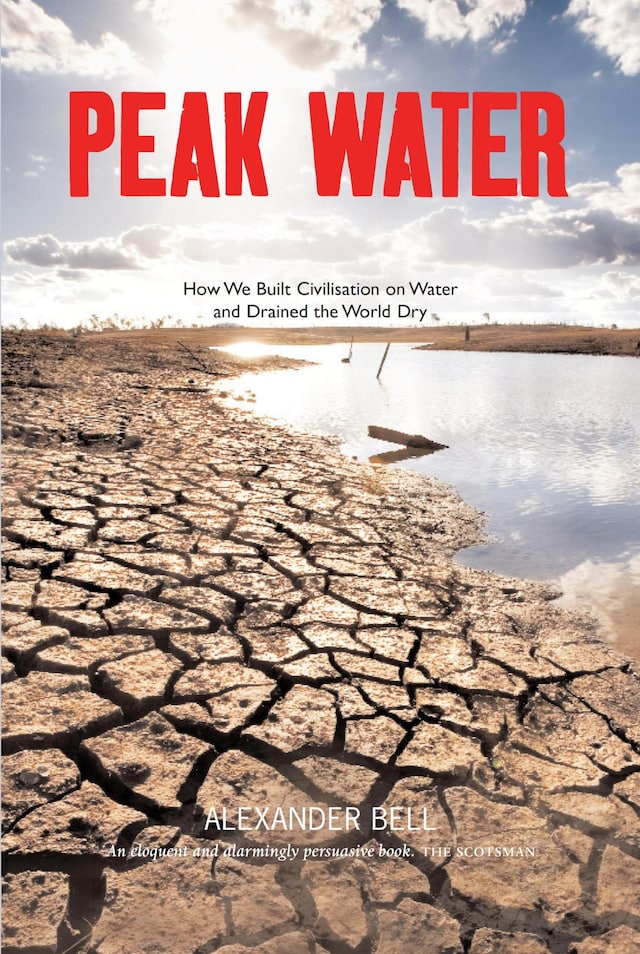
Peak Water
How We Built Civilisation on Water and Drained the World Dry
Tietoa kirjasta
Civilisation is thirsty... it never stopped to think what would happen if the water ran out. ALEXANDER BELL Peak water is the point when the available water is not enough to meet the demands of the world's growing population. We might live on a watery world, but we are exhausting accessible supplies. Many parts of the world are already facing this crisis, and not only in the developing world. Some of the places experiencing 'peak water' are in the USA, Europe and the UK. Even the wettest lands will be engulfed in the global catastrophe that looms. This is the issue of our age. REVIEWS: What makes Peak Water interesting is the way it weaves such laconic personal predictions with a wealth of history, anecdote and analysis, all focussing on the vital role of water in the rise and fall of civilisations... [Bell's] aim is to provoke thought, to stir discussion amongst lay observers - and in that he certainly succeeds. SCOTTISH REVIEW OF BOOKS How we built civilization on water and drained the world dry is the subject of Alexander Bell's recent book, Peak Water. Bell delves deeply into the roots of modern civilisation, beginning just before the settlement of the first cities… There have been many books in recent years recounting the trouble we are in when it comes to water, but few that examine how we arrived at this point. Bell does just that… THE ECOLOGIST. BACK COVER: This tale flows from the moment a ditch was dug in old Iraq, to the way our modern cities work. It links the hanging gardens of Babylon to the first water supply for Los Angeles, the ancient myth of the Nile to swimming pools in the desert. Our world has been built around the control of water. We are fed by irrigated fields, live in plumbed cities, and turn on a tap without a moment's thought. Yet experts now believe that the next major war may be fought over water, and it will have life-altering consequences for every part of the world, wet or dry. Writer Alexander Bell discusses the way our civilisation moved from hunter gathering to the urban one we know today, and the influence that water had on this journey. He shows how water control flows through politics, religion, farming and the idea of the modern state. Yet history is littered with empires that have failed and vanished into dust, and Bell argues that we might face a similar fate unless we learn to manage our water better.
 Alexander Bell
Alexander Bell 256 Sivua
256 Sivua